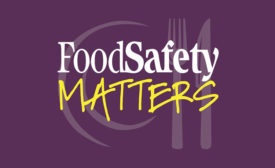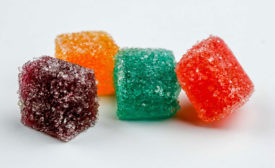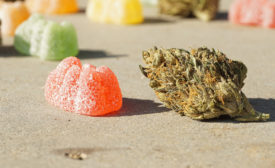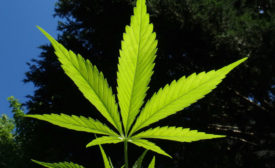Home » Keywords: » edibles
Items Tagged with 'edibles'
ARTICLES
Each novel cannabis product that hits the marketplace introduces a new series of questions regarding product safety and efficacy
Read More
Packaging and Labeling Requirements for Cannabis-Infused Edibles
Many similarities exist between the packaging and labeling of cannabis-infused edibles and those of food and pharmaceuticals
August 8, 2023
Issues With CBD Edibles: Heavy Metals Contamination, False Label Claims
September 26, 2022
Never miss the latest news and trends driving the food safety industry
eNewsletter | Website | eMagazine
JOIN TODAY!Copyright ©2025. All Rights Reserved BNP Media.
Design, CMS, Hosting & Web Development :: ePublishing












